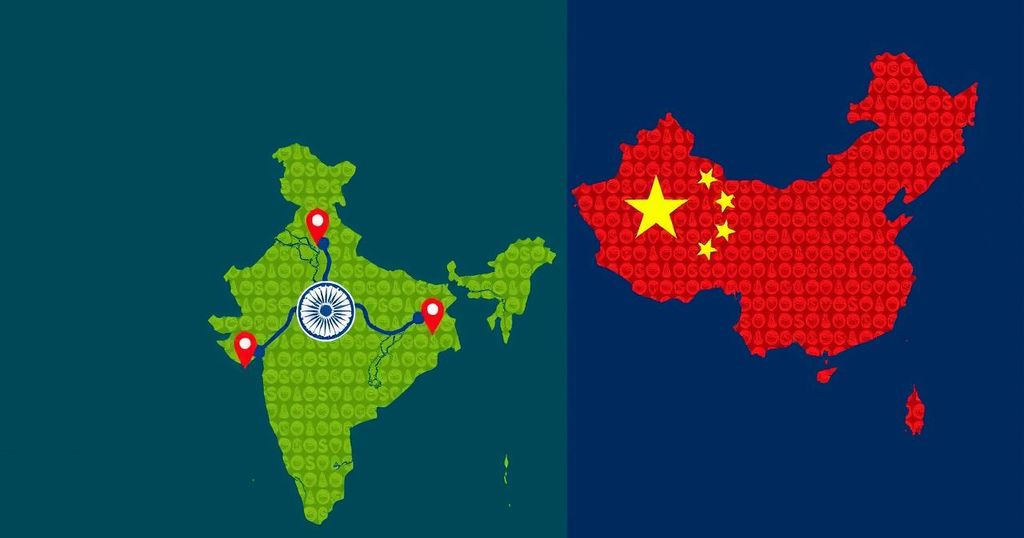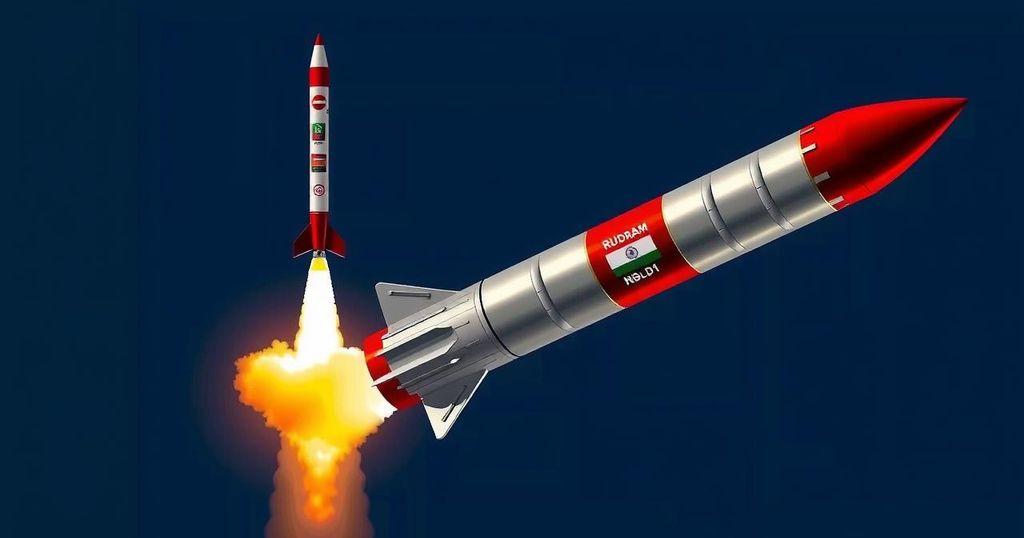Bamako under siege: Terrorist attack on military police school raises alarm
Summary
On Tuesday morning, Bamako experienced a terrorist attack on the Faladie military police school, leading to injuries among military personnel and prompting security measures. The military reported the situation as under control, despite gunfire and explosions being heard throughout the capital. This incident highlights Mali’s precarious security landscape amid ongoing conflicts linked to jihadist groups and separatist movements, amidst a broader humanitarian and political crisis under military governance.
On Tuesday morning, a terrorist assault targeted the Faladie military police school in Bamako, as confirmed by military authorities via social media. They asserted that “the situation is under control” following the attack, which was characterized as a terrorist incident against vital locations within the capital. The security ministry emphasized this description of the assault, noting the prevalence of jihadist and separatist groups in northern Mali, often labeled as terrorists by the military-led government. Search operations are currently in progress as the authorities urged residents to maintain composure and stay clear of the affected area. Reports indicate that two military police personnel sustained injuries from the assault, as detailed by family members to AFP. Typically, Bamako is less frequently subjected to attacks compared to other regions in Mali, where violence is commonplace. However, the capital experienced gunfire and explosions early Tuesday morning, which was also evident to an AFP correspondent on the scene. Unidentified armed individuals attacked at least one military police base in the city, leading to the temporary closure of Bamako airport due to rising tensions, as reported by an airport official. Around dawn, chaos ensued with gunfire and explosions reported at approximately 5:00 am local time, prompting confusion among residents. A witness, caught in a mosque nearby during morning prayers, recounted the disturbances. Furthermore, the French high school, Liberte, announced its closure due to the situation, and a memo circulated among UN staff instructed all personnel to avoid movement until further notice. Since 2012, Mali has suffered from violence attributed to various factions linked to Al-Qaeda and the Islamic State, along with self-declared defense groups and criminal elements. This turmoil has adversely affected neighboring Burkina Faso and Niger. Since the coups in 2020 and 2021, Mali has been under a military junta, led by Colonel Assimi Goita, which has altered its alliances, notably distancing itself from European support in favor of Russian assistance, including partnerships with the Wagner group. The government withdrew from the UN stabilization mission last year and terminated a peace agreement with northern separatists earlier this year. Mali, alongside Burkina Faso and Niger, now collaborates in a Sahel alliance while withdrawing from the regional bloc, ECOWAS. The prevalent security difficulties inseparably link to a broader humanitarian, economic, and political crisis under the military rule. The junta has promised to restore stability throughout the nation.
Mali has been grappling with persistent armed conflicts since 2012, which have heavily involved groups associated with jihadist ideologies. The complexity of the situation has been exacerbated by the presence of separatist factions in northern regions and bands of criminals, leading to significant instability in both the country and its neighbors, particularly Burkina Faso and Niger. The military junta, which came to power through coups in 2020 and 2021, has shifted alliances, departing from European partnerships in favor of relationships with Russia and the Wagner mercenary group. Additionally, the junta has proactively withdrawn from international agreements including the UN stabilization mission and prior peace accords, which has further complicated the security landscape in the Sahel region. The ongoing violence illustrates the wider challenges faced by Mali, which are intertwined with humanitarian crises and economic turmoil.
In summary, the recent terrorist attack on the Faladie military police school in Bamako has heightened concerns regarding the security situation in Mali. Despite the military’s assertions of control, the incident reflects the volatile conditions faced by the capital, typically perceived as a safer locale compared to other regions of the country. The government’s historical association of various groups with terrorism underscores the complex nature of the threats posed to national security. Under a military regime that has altered its international alliances, Mali continues to confront severe challenges spanning humanitarian, economic, and political dimensions amidst ongoing violence stemming from both jihadist and separatist factions.
Original Source: www.theafricareport.com







Post Comment